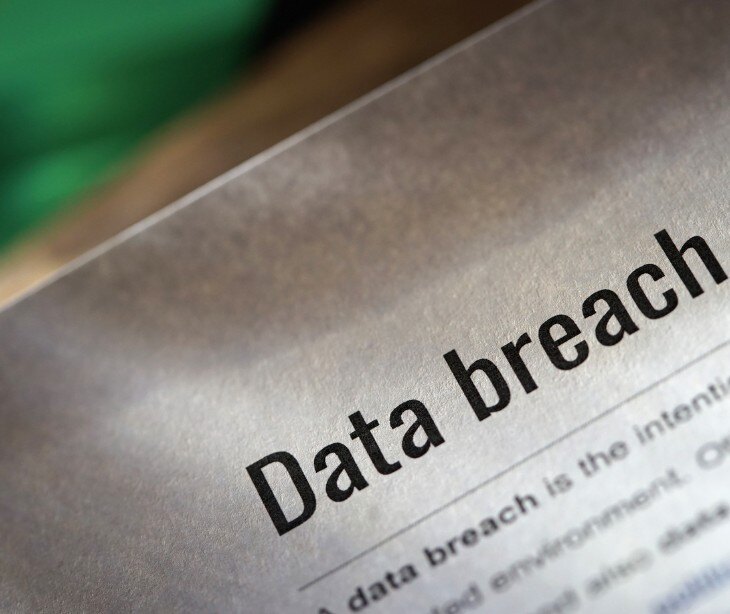1 min read
Bankers Cooperative Group submits data breach notification to HHS-OCR
Tshedimoso Makhene
Feb 3, 2025 4:34:07 PM

Bankers Cooperative Group, Inc. (BCG) has reported a data breach to the U.S. Department of Health and Human Services Office for Civil Rights after discovering unauthorized access to sensitive consumer information. While details remain limited, BCG is investigating the incident and has begun notifying affected individuals.
What happened
On January 14, 2025, Bankers Cooperative Group, Inc. (“BCG”) filed a notice of data breach with the U.S. Department of Health and Human Services Office for Civil Rights (“HHS-OCR”). The filing came after the company discovered that unauthorized access had occurred, exposing sensitive consumer information. BCG has since launched an investigation into the breach and is in the process of notifying affected individuals.
Read also: Defining authorized users in your healthcare organization
Going deeper
While BCG has acknowledged the data breach, details remain limited. The company has not issued an official press release or website notice outlining the specifics of the incident. According to the HHS-OCR filing, the breach was classified as a “Hacking / IT Incident” involving BCG’s email system. However, it is still unclear whether the attack was directed at BCG itself or if it originated from one of its third-party partners or vendors.
Read also: Healthcare data breaches: Insights and implications
What was said
As of now, BCG has not publicly commented on the breach beyond its regulatory filing with HHS-OCR. The company has not disclosed the number of affected individuals or the precise nature of the stolen data.
Why it matters
Data breaches pose significant risks to consumers, potentially leading to identity theft, financial fraud, and privacy violations. Given that BCG provides insurance and risk management services to financial institutions, the breach raises concerns about the security of sensitive client and employee data.
Related: Types of data breaches
What to do next
Consumers who receive a data breach notification letter from BCG should take immediate steps to protect themselves, including monitoring their financial accounts, placing fraud alerts on their credit reports, and considering identity theft protection services. Legal experts also suggest consulting with a data breach attorney to explore available legal options.
See also: HIPAA Compliant Email: The Definitive Guide
FAQs
How do companies detect data breaches?
Organizations may detect breaches through security monitoring tools, audits, abnormal system activity, or reports from employees, customers, or cybersecurity firms.
What types of data are typically compromised in a breach?
Data breaches may expose personal information such as names, Social Security numbers, financial details, medical records, email addresses, and login credentials.
How can I protect my personal information from data breaches?
To reduce risk, use strong passwords, enable multi-factor authentication, be cautious of phishing emails, and regularly check financial statements and credit reports.



%20(13)-1.jpg)
